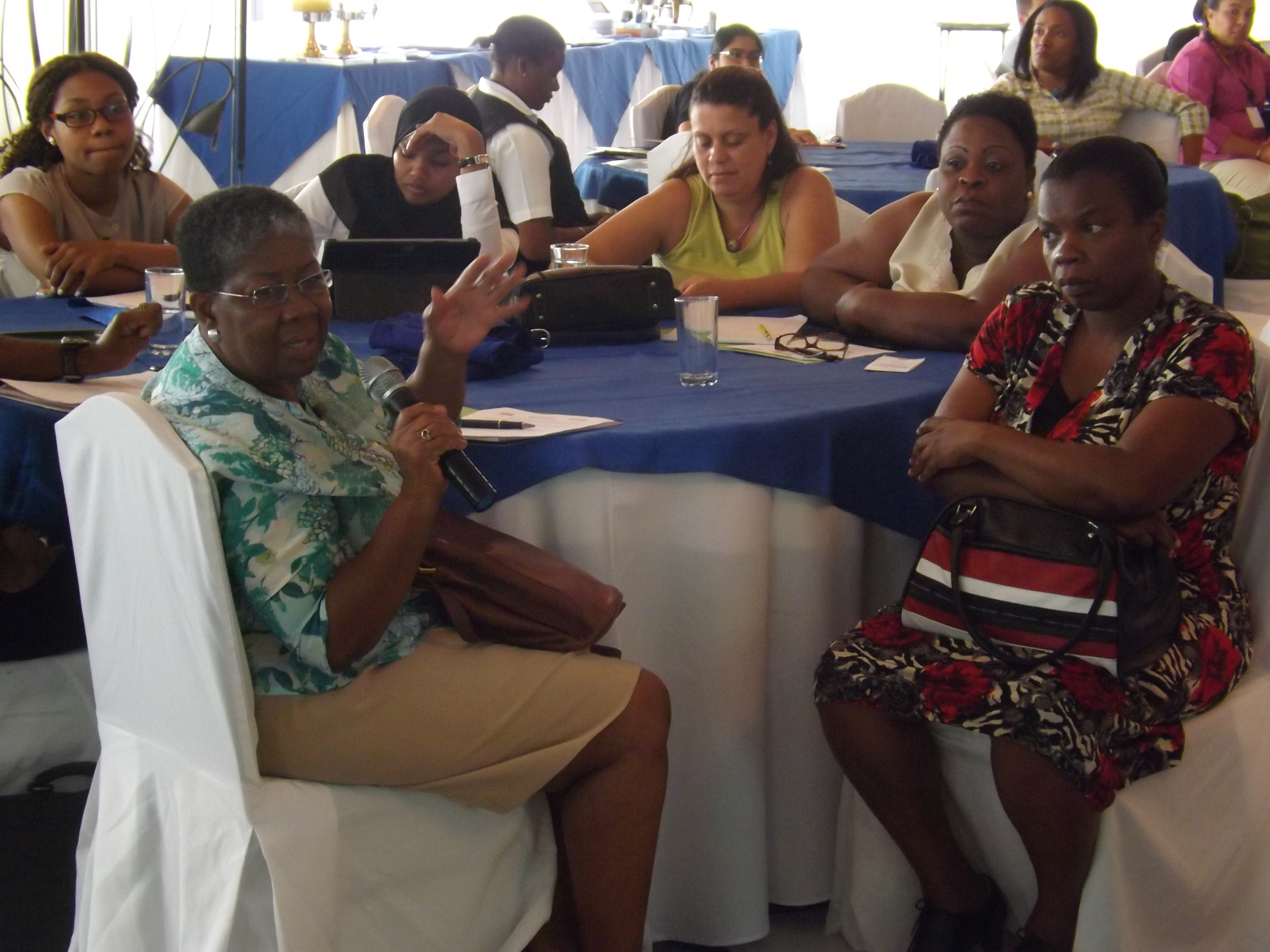Approximately 80 persons from the public and private sector in Jamaica attended two day FSMA workshop
IICA in collaboration with the United States Department of Agriculture (USDA) and the United States Agency for International Development (USAID) hosted a workshop in June to raise awareness about the importance of the United States Food Safety Modernisation Act (FSMA) proposed regulations and present a tool to assess the level of preparedness of produce exporters with respect to the proposed FSMA rules. The FSMA sets out standards for the growing, harvesting, packing and holding of produce for human consumption in the United States. The Act, which was passed into US law in 2011, is expected to issue final regulations in the latter part of 2015. The effective date for meeting these regulation will vary according the regulation and scale of the food establishment.
Approximately 80 persons from the public and private sector attended the two day workshop, which comprised presentations on the role of the Food and Drug Administration (FDA), which will administer the FSMA, the various proposed rules under the FSMA, and the current situation of Jamaican exports to the US. Representatives from the Ministry of Agriculture and Fisheries, Bureau of Standards and the Jamaica Exporters Association also discussed some the challenges faced by Jamaican exporters to the US and the actions initiated by each to enable compliance with the FSMA.
A representative of the IICA Agricultural Health and Food Safety unit presented a tool designed by IICA and Texas Tech University to enable exporters of fresh produce to determine their ability to comply with the proposed standards and regulations under the FSMA and identify areas for improvement. The tool outlines the various components and specific requirements of the FSMA and provides a rating scale for exporters to grade their operations based on their level of compliance with the proposed regulations. Following the workshop, the IICA-USDA team visited selected exporting businesses to apply the FSMA assessment tool. The assessments will assist the team to develop additional activities in the programme to strengthen the region’s preparedness for the FSMA.












